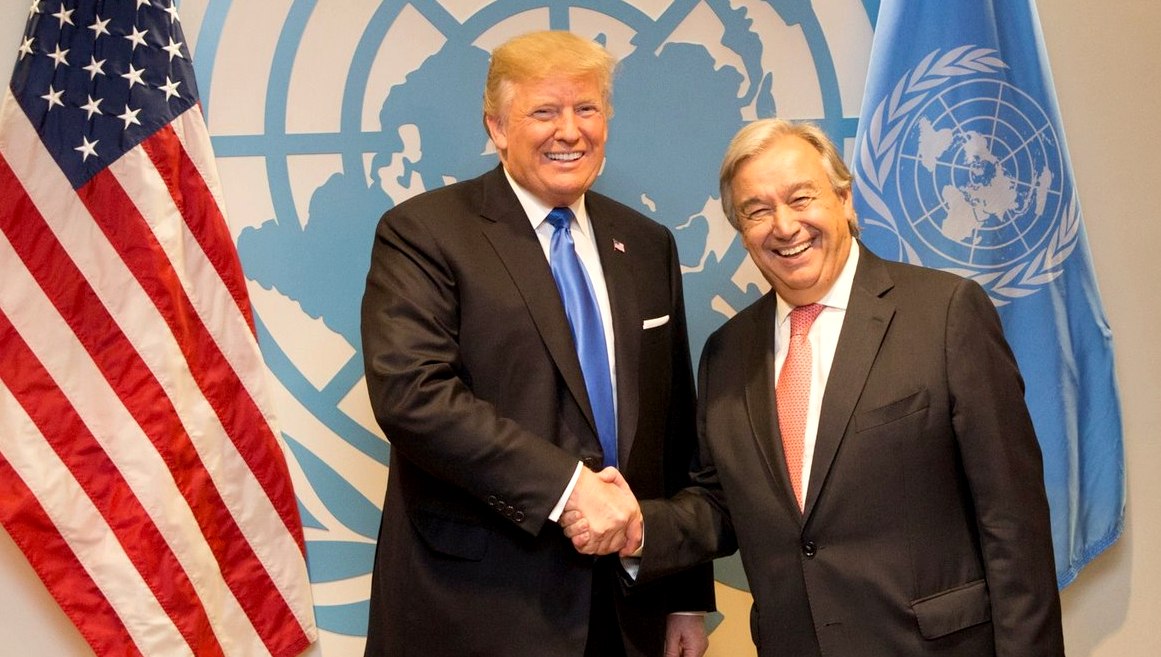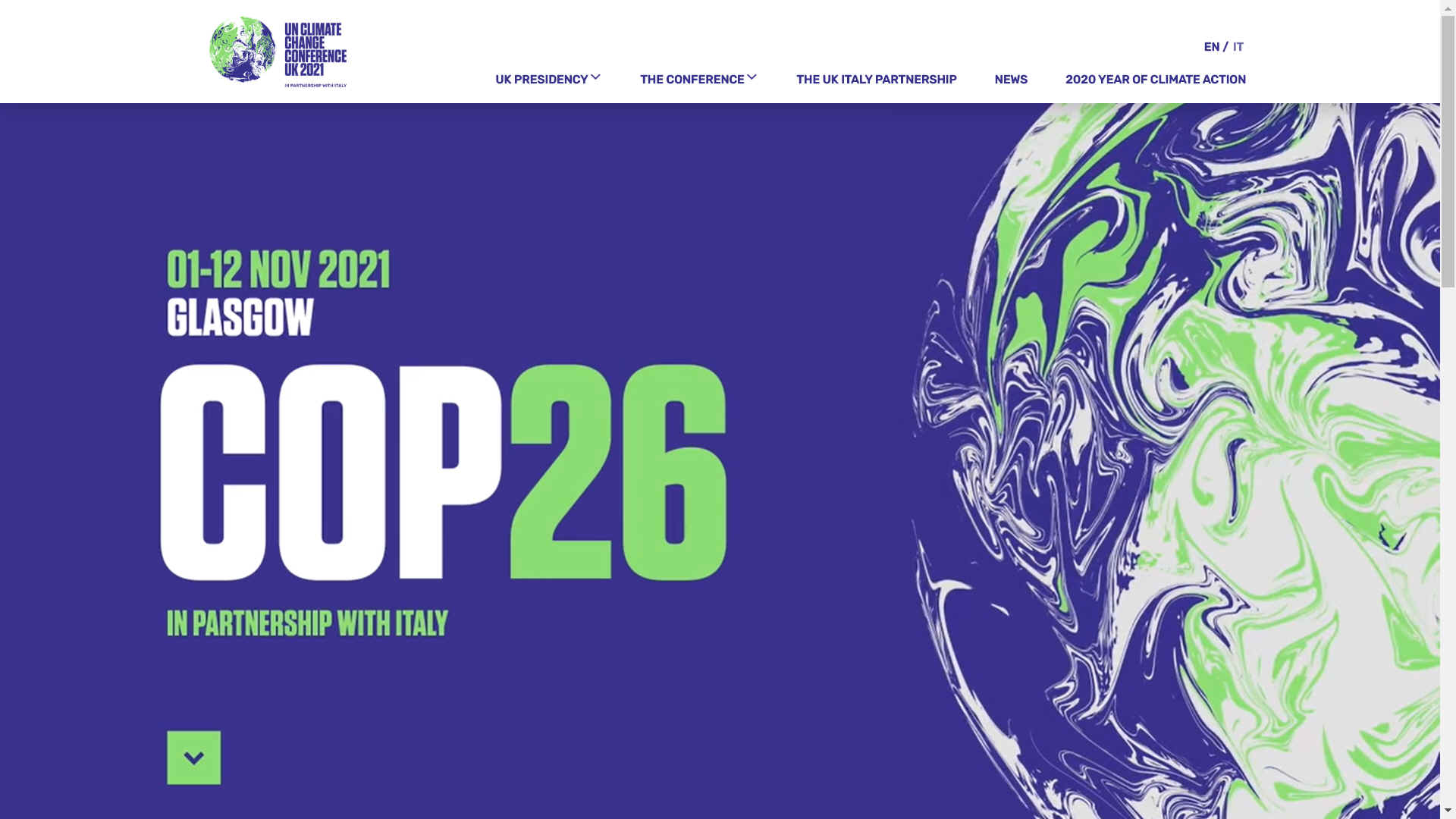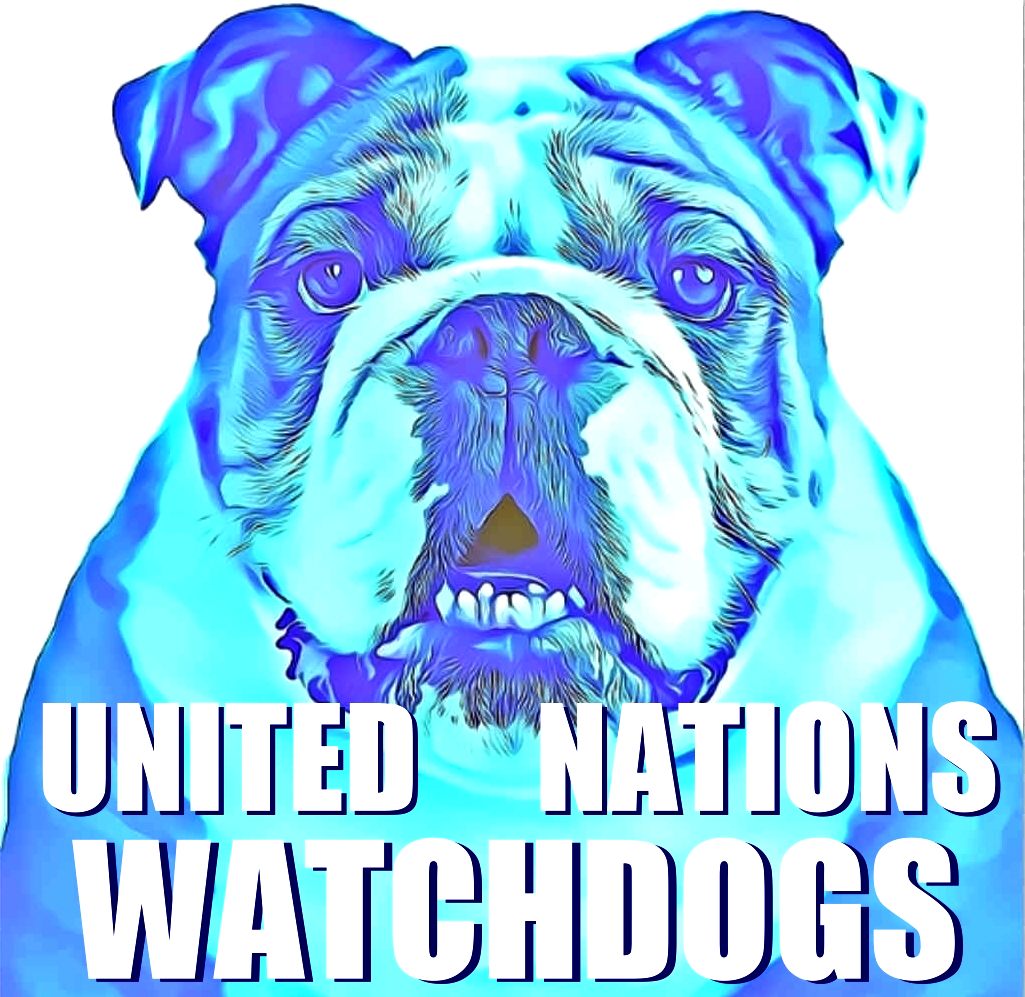FUNDING
DEFICIT
U.N. officials say 129 countries have paid their 2019 dues, two-thirds of all members. Stéphane Dujarric, spokesman for U.N.
Secretary General Antonio
Guterres, said that nearly $2 billion has been paid to the organization this year and that the outstanding balance for other countries amounts to another $1.3 billion.
In 2017, the the United Nations’ revenue totaled US $53.2 billion.
Dujarric described the financial situation as "the worst cash crisis facing the United Nations in nearly a decade" and said it "runs the risk of depleting its liquidity reserves by the end of the month and defaulting on payments to staff and vendors."
The U.S. has quarreled with the U.N. for decades over funding. A U.S. mission official, speaking on the condition of anonymity to discuss internal decisions, said the U.S. paid $600 million to peacekeeping efforts this year and will pay "the vast majority of what we owe to the regular budget this fall, as we have in past years."
But the longstanding tension has received renewed attention because of Trump, who once described the U.N. as "not a friend of democracy" and has consistently questioned multinational efforts such as
NATO and the annual G-7 and G-20 summits.
There
is a real financial outlay of money from countries directly to the UN,
coupled with the contribution of staff and resources to run the organization.
The U.S. contributes an incredible $674.2M, or 22% of the entire world’s outlay. No other country comes anywhere close. China, the second leading contributor in the world, provides almost $300M less than the U.S. at $367.9M or 12%, and Japan comes in third at $262.4M or 8.5%. Only a handful of other countries surpass the $100M mark, with the vast majority providing far less. The Russians notably only spend $73.7M despite being a member on the UN’s permanent Security Council.
You may notice that developed countries in the West tend to contribute significantly more than the rest of the world. The combined total of all European countries comes to $844M. Including China, this means that the major world powers with the biggest economies pay the most for the UN. Meanwhile, the countries most likely to receive direct aid from the UN pay relatively
little in terms of benefits received.
The UN was originally created after World War II to promote world peace and de-escalate tensions, especially between the U.S. and Russia. More recently, the organization is
known for its humanitarian work, for example, raising awareness of human rights violations. Developed countries in the West as well as the East have a shared interest in stability and economic development.
What President
Trump is questioning is if the benefits to the US worth the size of the American investment?
To keep things in perspective, the millions spent on the UN is a rounding error in the U.S federal budget of $4.1T.
The US budget deficit keeps growing, and hit $319 billion
dollars for the first 3 months of the government’s 2019 fiscal year. If the deficit is only going to get worse, then perhaps every penny of U.S. expenditures deserves
scrutiny, just as much as every cent the UN spends.
We
believe that the UN offers a great deal to the world, but that the way
it operates and their priorities may need a rethink, in a desertified
digital world, where oceans have more
plastic than
fish.
We offer the introduction of a new Food
Standard from 2021, as a sustainable version of the old Gold
Standard.


JULY
3 1998
HISTORY REPEATS ITSELF - USA & ARTICLE 19
The United States is substantially in arrears in its payment of amounts the
United Nations General Assembly has assessed against it for the UN regular budget and for UN peacekeeping. The question arises whether there are any legal consequences for a failure to pay such assessments.
The UN Charter contains a single sanction for failure to pay assessed dues. Article 19 provides:
A Member of the United Nations which is in arrears in the payment of its financial contributions to the Organization shall have no vote in the General Assembly if the amount of its arrears equals or exceeds the amount of the contributions due from it for the preceding two full years.
The General Assembly may, nevertheless, permit such a Member to vote if it is satisfied that the failure to pay is due to conditions beyond the control of the Member.
The United States is currently assessed 25% of the UN budget, except for peacekeeping. Its peacekeeping assessment is 30.5223%. According to the U.S. State Department, total U.S. assessments for 1997 amounted to $708 million and for 1998 amount to about $572 million. Thus, according to the State Department, if U.S. arrearages exceed $1.28 billion on January 1, 1999, Article 19 will come into play.
Calculating the Arrearages
Even though the United States concedes that it is substantially in arrears, the United States and the United Nations disagree as to the exact amount. There are also disagreements between the U.S. Executive Branch and the U.S. Congress, and disagreements within the Congress, as to the amount.
One of the disagreements between the U.S. and UN has to do with rather arcane questions of reimbursement by the United States of U.S. taxes levied on UN staff members. Another disagreement, which also divides the U.S. Congress, is over the amount the UN owes the United States for U.S. contributions in kind to UN peacekeeping efforts.
There is a difference between contributions in kind to "official" UN peacekeeping efforts-the so-called "blue helmet" operations-and other multinational efforts that may be authorized by the UN and coordinated with it, but that are not directly conducted by the UN. The Unified Task Force in Somalia and the Multinational Task Force in Haiti were examples of multinational efforts coordinated with the UN, but not controlled by it. The UN concedes an obligation to reimburse contributing member states only in the case of UN-conducted peacekeeping operations.
If the United Nations figures are accepted, as of April 15, 1998, the United States owed a total of about $1.58 billion for current and past due assessments. Any U.S. payments will be credited first to past due assessments, whether or not the U.S. Congress so earmarks them. It remains to be seen whether sufficient amounts will be appropriated by the U.S. Congress and paid to the UN to reduce the arrearages below $1.28 billion by January 1, 1999.
Applying Article 19
The Article 19 loss-of-vote sanction has consistently been interpreted since the 1960s to be automatic, once a member state's arrearages exceed its assessments for the preceding two years. No General Assembly decision to suspend the voting rights is required, although the General Assembly may decide to permit a member state to vote under the last sentence of Article 19, if it finds that the failure to pay is caused by conditions beyond the control of the member. When there is a loss of voting rights under Article 19, it applies only to the General Assembly and not to the Security Council or other UN bodies. As of late April 1998, 29 UN member countries were in arrears by more than their preceding two years' assessments and thus were ineligible to vote in the General Assembly.
In the 1960s, France, the Soviet Union and some other member states refused to pay amounts the General Assembly had assessed for peacekeeping operations in the Middle East and the former Belgian Congo. The International Court of Justice, in an Advisory Opinion on Certain Expenses of the United Nations, determined that the assessments were for legitimate expenses of the Organization.
When the French and Soviet arrearages exceeded their preceding two years' assessments, the United States Department of State prepared a legal memorandum in 1964 arguing that their right to vote in the General Assembly was automatically suspended. In 1968 the UN Legal Counsel took the same position. Nevertheless, most member states were unwilling to risk the consequences if a vote were taken in the General Assembly without allowing France and the Soviet Union to participate. The result was a standoff during the 19th session (1964-1965), when no votes at all were taken in the General Assembly.
Finally, on August 16, 1965, Arthur Goldberg, the United States representative to the United Nations, conceded that "the General Assembly was not prepared to carry out the relevant provisions of the Charter, that is, to apply the loss-of-vote sanction provided in Article 19." Thus even though the United States continued to maintain that Article 19 applied, it said it would not stand in the way of the consensus favoring General Assembly votes, including votes by France and the Soviet Union. Ambassador Goldberg concluded in what has come to be known as the Goldberg reservation, "At the same time, if any Member State could make an exception to the principle of collective financial responsibility with respect to certain United Nations activities, the United States reserved the same option to make exceptions if, in its view, there were strong and compelling reasons to do so. There could be no double standard among the Members of the Organization." (13 Marjorie Whiteman, Digest of International Law 331-332 (1968))
Other member states do not appear to have objected to the Goldberg reservation. One could argue that because of the apparent acquiescence in Ambassador Goldberg's assertion, it has become the law of the Charter. One could also argue that, as stated, the Goldberg reservation reserved to the United States the unilateral right to judge for itself whether the reasons were strong and compelling enough to justify withholding without loss of General Assembly vote.
On the other hand, Article 19 of the Charter is a treaty obligation of all member states. One can argue, as the United States did before it yielded to practical reality in the mid-sixties, that Article 19 is quite clear in making the loss-of-vote sanction automatic. A single instance of departure from the clear text would not suffice to amend it. But such a departure could be seen as a precedent for a possible waiver of the otherwise-automatic loss-of-vote sanction when there is tacit or explicit agreement among member states that the sanction should not be applied (even when the failure to pay is not due to conditions beyond the control of the delinquent member).
If the sanction was waived once in favor of member states whose participation was essential to the effective functioning of the UN, it could be waived again if and when the United States falls two years in arrears. There would be no legal requirement, though, that it be waived in such a situation, and there would be no precedent for relieving the United States from the loss-of-vote sanction if enough member states feel strongly that a proposed resolution should be pushed to a
vote
The U. S. Situation
If the United States does fall two years in arrears and there is no waiver of the sanction, its loss of vote in the General Assembly would be an embarrassment and would reflect a loss of U.S. influence in the world body. Nevertheless, many General Assembly decisions are made by consensus (without a formal vote) in the normal course, and in the absence of consensus many decisions are simply postponed, so it is not a foregone conclusion that there would be an occasion for a vote in the near future. Moreover, since Article 19 does not apply to voting in the 15-member Security Council, the United States would still be able to vote (and use its veto) there.
The Security Council is the organ with the authority to make binding decisions regarding international peace and security. The U.S. vote there is much more important than it is in the General Assembly, where there is no veto and where each of the 185 member states, including the United States, has only one vote.
About the author:
Frederic L. Kirgis is Law School Association Alumni Professor at Washington and Lee University School of Law. He has written a book and several articles on United Nations law, and is a member of the Board of Editors of the American Journal of International Law.
LINKS
& REFERENCE
https://www.asil.org/insights/volume/3/issue/8/united-states-dues-arrearages-united-nations-and-possible-loss-vote-un

GLASGOW, SCOTLAND - The
United
Nations' climate summits are known as COP = Conference Of the Parties. This is the 24th, meaning twenty-four years during which these global discussions have been unable to put in place a binding action plan to save us from global warming. In 2018 fifty high profile companies wrote to the UN calling for solid action to curb climate change. The 26th session of the UNFCCC was originally scheduled to take place from 9-19 November 2020, in Glasgow, UK. On 28 May 2020, the COP Bureau decided that it would take place from
1-12 November
2021, in Glasgow, UK

Please use our
A-Z INDEX to
navigate this site, or our HOMEPAGE




